The concluding episode came, and in a confusion of dates I missed it. If you’ve been following the weekly podcast Serial, you, like me and millions of avid listeners, would have been counting the days. I caught up only once I’d read the spoilers, which let it be known that they’d be no neat “did he or didn’t he” conclusion (was anyone actually expecting one?) and that we’d still be left in the realm of “maybe this, maybe that”. How frustrating.
Except it wasn’t. Spoiler alert: three quarters of the way in a curveball was thrown – one we certainly didn’t see coming after all the fine-tooth to-ing and fro-ing over cellphone data and whether Best Buy did or didn’t have a public pay phone from which Adnan Syed could have conceivably called Jay to come and help him dispose of the body.
The curveball was a lead, of sorts. This may or may not eventually provide a conclusive outcome, though presenter Sarah Koenig was careful to play it with caution. A great deal of caution. In light of all the possible leads she’d got excited about in previous episodes, but which had just led to various deadends and circular trails, caution was understandable. The lead was this – skip rest of paragraph if you don’t want to know: a convicted sex offender, now dead, had recently been posthumously linked to the murder by strangulation of a Baltimore woman, believed to be of Korean descent, in the same year Hae Min Lee was murdered. Her body was disposed of in a park, though in a different Baltimore park to Hae Min Lee.
Real-life storytelling is just like made-up storytelling: it needs characters we are drawn to and who draw us in
Apart from a few inconvenient details that would be almost like a full house, right? The Innocence Project, an organisation that helps quash convictions based on flimsy evidence by digging up new evidence, seemed to be very excited about what they’d dug up. They were now following the lead, but where it would actually lead, off air, is anyone’s guess.
But if Serial was only about uncovering a grave miscarriage of justice it’s doubtful it would have been quite the phenomenon it’s been. This was meticulous real-crime detection which threw up chewy philosophical problems aplenty, about the nature of memory, and the ordinary tricks it can play, for one; but also about the nature of jurisprudence and how much doubt constitutes reasonable doubt. Who calibrates this sliding (and slippin’) scale of doubt?
Still, without characters you don’t have a story. Real-life storytelling is just like made-up storytelling: it needs characters we are drawn to and who draw us in.
koenig (pictured below), warm and extremely likeable, but with a steely core of determination and a probing intelligence who’s ever-alert to the possibility of being played, was a first-person narrator we could trust, even if we were all grubbing about in the dark together. In fact, this grubbing around in the dark gave koenig a special kind of integrity, since doubt and scepticism were part of the winning package. Still, and here’s the tension, we were also rooting for her because she was clearly rooting for another warm and likable and winningly smart character, namely, Adnan Syed. She wanted him to be innocent, that much was clear. Her sustained belief in his innocence, although she only went so far in publicly acknowledging it (and I’m not sure I believed that she ever fully bought into his guilt at a gut level, at any point) wasn’t just about a lack of evidence, it was also an act of faith. She liked him. We liked him. We liked her. What's more, we keep seeing those pictures of this goofily cute, lanky, bright kid. Flipping heartbreaking.
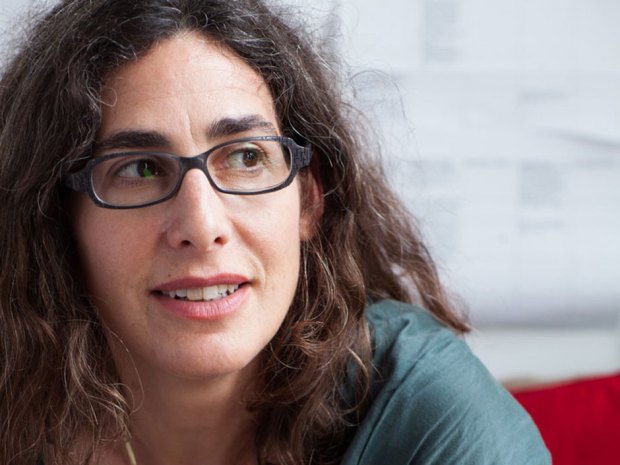 Some accused Serial of lacking balance, since Hae’s family chose not to take part. It’s quite true that Hae was barely a shadow-presence, but what sort of balance are we talking about? Herein lies the difference between a story with a balanced viewpoint (or multiple viewpoints) and a balanced case. Sifting evidence and calling out a lack of evidence had nothing to do with whether we were given a sense of Hae’s rounded character. It would have enabled us to feel far more empathy for her, yes, but, as we must know by now, empathy can play complete havoc with getting to the truth.
Some accused Serial of lacking balance, since Hae’s family chose not to take part. It’s quite true that Hae was barely a shadow-presence, but what sort of balance are we talking about? Herein lies the difference between a story with a balanced viewpoint (or multiple viewpoints) and a balanced case. Sifting evidence and calling out a lack of evidence had nothing to do with whether we were given a sense of Hae’s rounded character. It would have enabled us to feel far more empathy for her, yes, but, as we must know by now, empathy can play complete havoc with getting to the truth.
Beyond Hae’s murder and the considerable suffering of her family, the ongoing tragedy of this case isn’t just the possibility of Adnan Syed’s false conviction, although that's horrific enough. It’s the fact that, having possibly committed this crime as a 17 year old, there is no possibility of parole for him. He’ll die in prison. And you’d almost certainly have to lack any sense of empathy not to feel the wrenching, wretched weight of that.

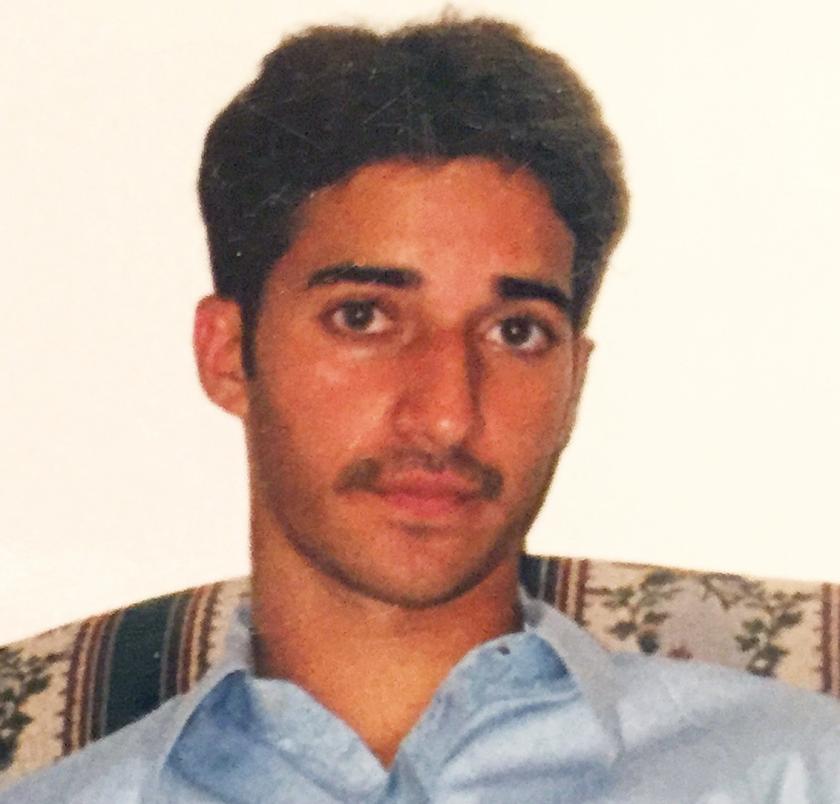






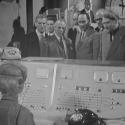



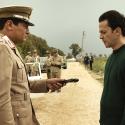

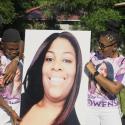
Add comment